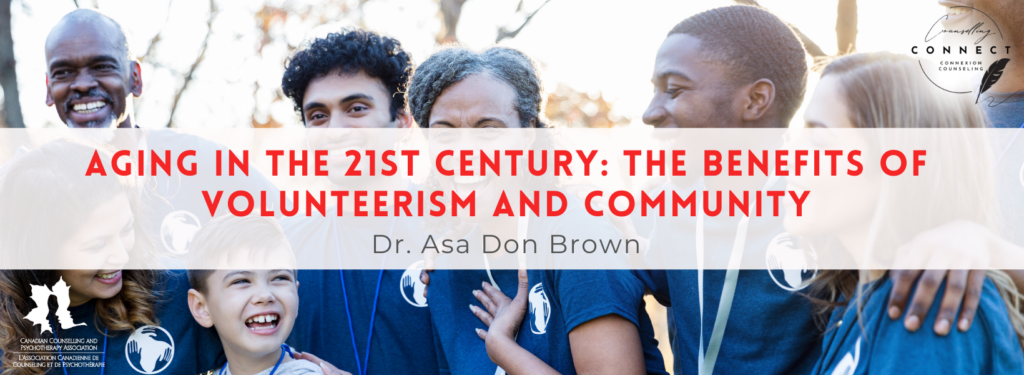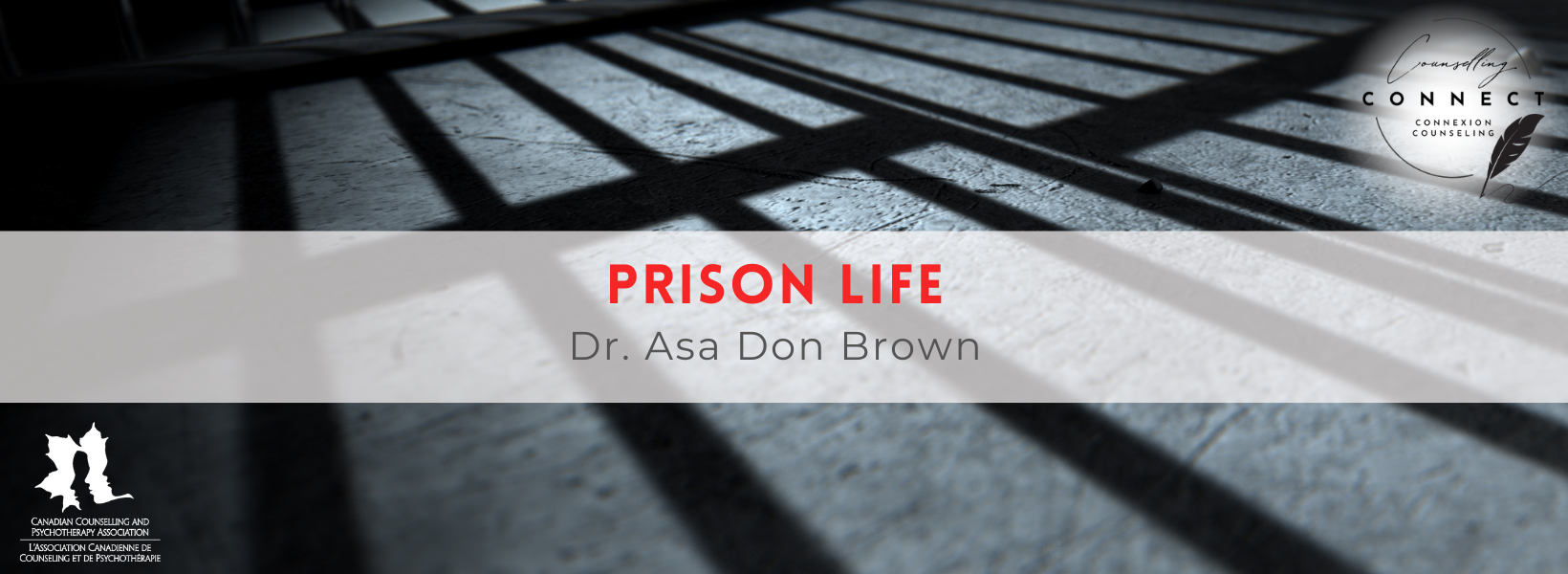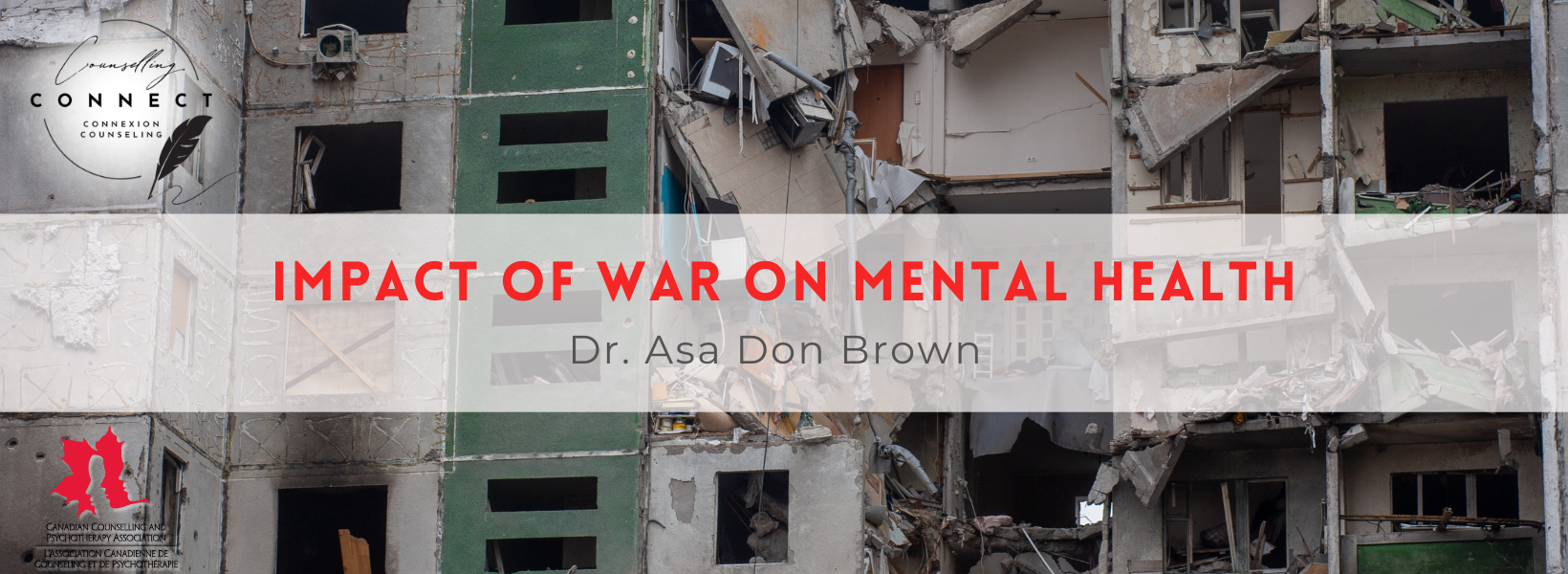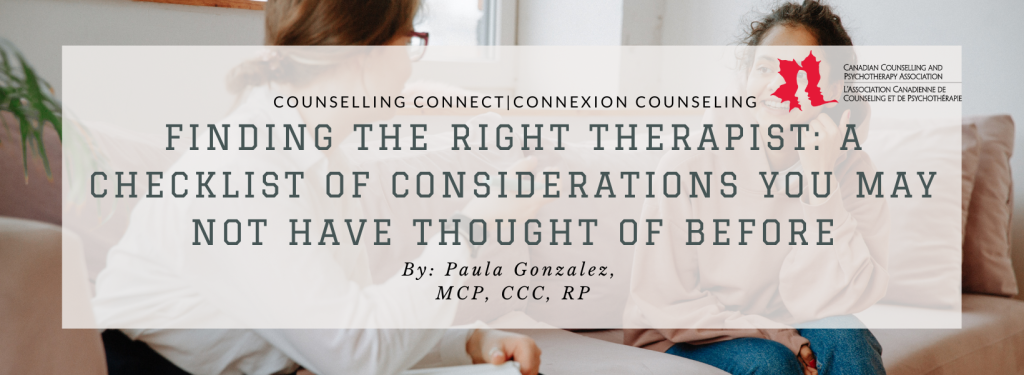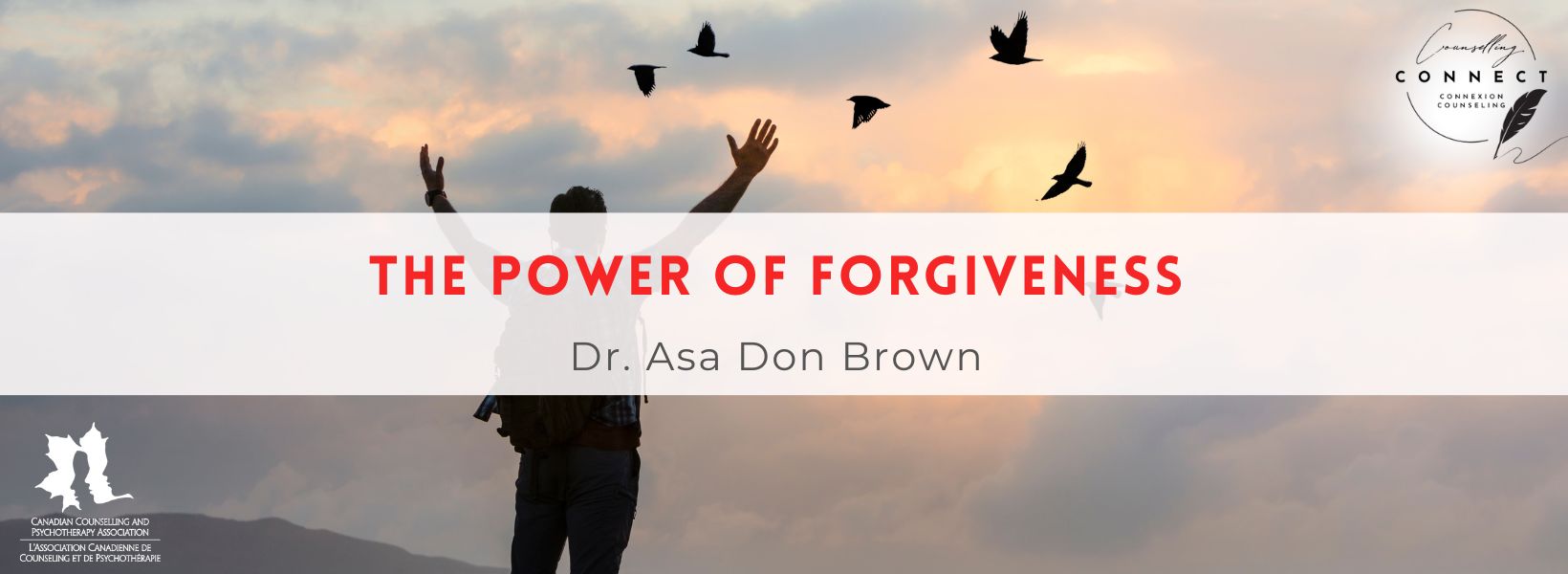
People hurt us, and unfortunately, we are bound to hurt others. It’s a vital part of the human experience. Believe it or not, life without pain, strife, and disappointment would be imbalanced. Life is about experiencing the good and the bad. The Yin and Yang. It is about appreciating our failures, as well as, our successes. It is about experiencing heartache, heartbreak, and love. Without experiencing some sort of conflict, strife, and disappointment, we would surely be maladjusted and ill-equipped to face life’s challenges. We are taught many lessons through obstacles, failures, and disappointments. Whether these occur because of our own mistakes or the mistakes of another, life requires that we endure hardships. It’s all about the human experience. Living life without opposition, conflict, and strife, is like riding a bicycle without peddling. Just like living life, we know that the peddling ultimately creates the momentum that we need to move forward. Naturally, peddling a bicycle only occurs through an individual’s ability to endure. As the old adage says, “No Pain, No Gain”.
Did you know that our physical health affects our psychological wellbeing? Research has long indicated that individuals who carry around baggage are more apt to have health related issues. These issues may stem from real harm to perceived harm. They may be fostered by something that we have done or that someone else has done. Either way, these issues have an ability of affecting your physical life and overall well-being. Research has clearly shown that individuals who have pent-up frustrations, anxieties, and disappointments are prone to develop major medical conditions. Furthermore, these same individuals are prone to develop a variety of mental health conditions as well. It is not a “win-win” solution, rather it’s a lose-lose proposition. Living life is about moving forward and we can only move forward if we are willing to let go of the chains that bind us.
There are obviously many theories and perspectives on the concept of forgiveness. Yet, while they may take different paths to achieve forgiveness, they almost always draw upon the same conclusion: forgiveness is an essential part of living life free of mental anguish, heartache and despair. It’s ultimately about releasing the wrongs and harms that have captivated your heart and mind. It’s about consciously and intentionally letting-go and moving forward. Whereas, the constant stress of anger and bitterness reaps havoc on your health and wellbeing. Not only is your immunity capable of being jeopardized, but you are at risk of developing multiple chronic health related issues, which may include: high blood pressure, chronic fatigue and sleep disorders, high cholesterol, diabetes, weight gain or loss, cognitive impairment and disorders, and of course, the risk of a heart-attack. As one might expect, these physiological changes have an ability of affecting one’s overall mental health as well.
On the flip-side, studies have also found that forgiveness is necessary to living a healthier life. There are many personal benefits to consciously releasing your mind and heart of past sorrows, pains, and heartaches. It’s about letting go and moving forward. It’s about allowing your mind to be free of the clutter that has long captivated it. Why are you allowing these messages to live rent free in your mind? How much longer are you going to dwell on the past?
Forgiveness is not only capable of providing you a clear consciousness, but it will improve many aspects of your life. When we hold onto bitterness and resentment, we are often outwardly displaying our inward mindset. Not only does it have an ability of affecting our physical and mental health, but it has an ability of affecting our personal relationships, friendships and support systems. Even within our own mind, it can create divides between us and others. Even if, these individuals had nothing to do with the past harm, they may feel the brunt of our inner pain and sorrow.
Forgiveness has an intrinsic way of restoring one’s faith and hope in humanity. It has an ability of restoring and cleansing our mind. Authenticity is essential! Authentic individuals are genuine and sincere with their personal desires. Sincerity goes a long ways when we have been wrong or been wronged by another. Sincerity is void of dishonestly or hypocrisy.
What if, we are not asking for forgiveness, but rather, we are expecting an apology? When we live in a world of expectations, we are priming our minds for disappointment. Rather than expecting an apology, you might consider living a life of unsolicited forgiveness. Forgiveness does not mean that you have to reconcile with an individual, but it does mean that you have to move beyond the past. Forgiveness is as much about releasing your own mind, as it is about releasing the other person. If you can’t forgive, then you will live a life captivated by the past.
Please understand that I am not implying that everyone deserves our forgiveness, but rather we deserve to have the ability to let go of the past. Forgiveness has as much to do with the person who has harmed us, as it has to do with our own personhood.
Forgiveness is an active form of communication. Are you consciously and unconsciously conveying contrition rather than retribution? Are you consciously and unconsciously conveying acceptance rather than rejection? It’s sometimes about loving another person despite themselves. Forgiveness occurs through our willingness to let go and move forward. Forgiveness occurs when we no longer choose to cling to the past. It’s about letting go of past grudges, anger, failure, resentment, and bitterness. It’s about allowing our bodies and minds to move beyond the bondage of harm. Most of all, do not expect that others should forgive you, but be certain to forgive yourself. It’s about the inner dialogue that we choose to entertain. What dialogue are you entertaining?
*The views expressed by our authors are personal opinions and do not necessarily reflect the views of the CCPA
